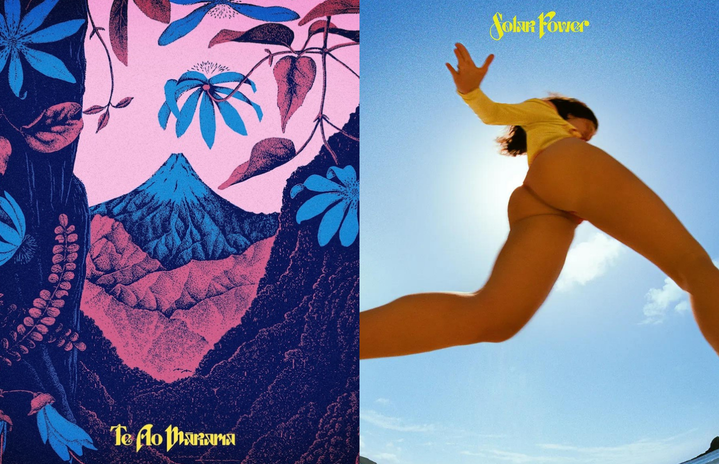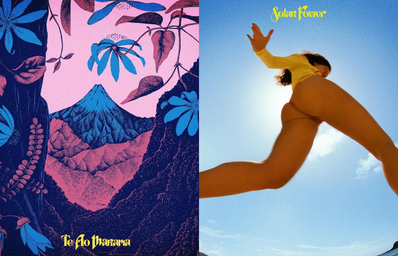My respect for the “kinda like a prettier Jesus” went through the roof with Lorde’s Māori album. The New Zealand singer released five songs from Solar Power in the indigenous Māori language in an EP titled Te Ao Mārama.
I thought this decision was stunning in the way that I never anticipated a pop star to release a native language album, nor did I expect it to add much more to Solar Power’s presence.
I’m so grateful to be proven wrong.
I didn’t fully appreciate “Oceanic Feeling” until I heard “Hine-i-te-Awatea.” It created the feeling of relaxing under the sun with friends. I felt grounded. “Fallen Fruit” was one of my favorite songs on its first listen. However, it’s even more spectacular in the Māori version. The added vocals gave me chills. The experience of listening to this companion EP made me feel like everything would turn out okay.
In “Te Ara Tika / The Path” Lorde sings, “Saviour is not me / I just hope the sun will show us the path.”
The lyrics reflect what Lorde wrote in a newsletter to fans ahead of Solar Power’s release. “In times of heartache, grief, deep love, or confusion,” she explained, “I look to the natural world for answers.”
In her email announcing Te Ao Mārama, she elaborated on this point. “Listening to the natural world comes from traditional Māori principles,” she wrote. “There’s a word for it in te reo: kaitiakitanga, meaning ‘guardianship or caregiving for the sky, sea and land.’ I’m not Māori, but all New Zealanders grow up with elements of this worldview.”
Lorde received backlash for this decision to release her translated album. Māori performer and choreographer, Jack Gray, called her album “Tokenism in Full Force” for creating a “Western product by a Māori name.” Seeing as she is a public figure from New Zealand, Morgan Godfery, an indigenous writer from New Zealand, defends Lorde and non-Māori usage “if the Māori language is to survive.” Considering the traumatic history, it’s a fine line to navigate.
I can’t speak on the Māori perspective; all I can do is highlight it. However, I can speak on how dual language albums impacted me.
As a young Latina, Shakira changed my life with her She Wolf / Loba albums. Having the same album be translated into both English and Spanish helped me learn Spanish and introduced me to another world of Latin music. While language isn’t a requirement to feel connected to your heritage, it did make me feel more connected to my immediate community. Spanish music comes in all the same genres as English music, more or less. Bilingual albums bridge the gap between the artist’s original target audiences.
Having more people with that much starpower make translated albums would change the industry standard. I completely understand that some artists only speak one language or aren’t exposed to indigenous groups, but it’s not like Lorde effortlessly pulled off this EP. I’m simply communicating to artists that multilingual albums will garner a much larger audience and definite re-listens. For instance, the commercial performance of Shakira’s “She Wolf” had worldwide chart domination with both English and Spanish versions simultaneously infiltrating the United States and various European and Latin American countries.
There are artists who already sing in more than one language. Kali Uchis’ “Telepatía” switches from Spanish to English seamlessly and blew up on TikTok. A few years back, “Despacito” became a meme due to Luis Fonsi’s and Jusin Bieber’s huge reach from the two large language demographics.
As much as I appreciate bilingual songs, I am asking for albums!
While I never expected to hear an album like this from a superstar like Lorde, I know now that I can expect and demand more. If Lorde and Shakira can do it, why can’t more artists?


